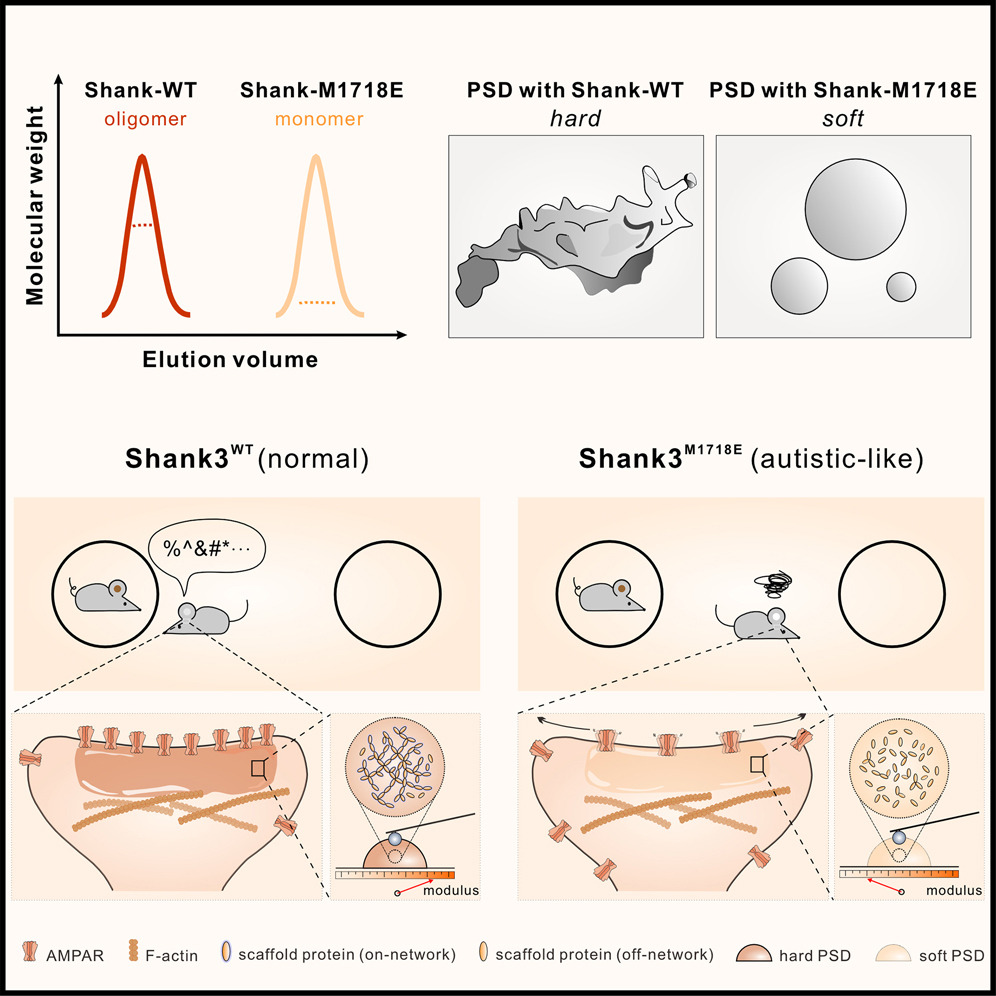Mechanistic basis of MAGUK-organized complexes in synaptic development and signalling
2016.03.18Zhu, J., Shang, Y., & Zhang, M. (2016). Nature Reviews Neuroscience, 17(4), 209-223.
Membrane-associated guanylate kinases (MAGUKs) are a family of scaffold proteins that are highly enriched in synapses and are responsible for organizing the numerous protein complexes required for synaptic development and plasticity. Mutations in genes encoding MAGUKs and their interacting proteins can cause a broad spectrum of human psychiatric disorders. Here, we review MAGUK-mediated synaptic protein complex formation and regulation by focusing on findings from recent biochemical and structural investigations. These mechanistic-based studies show that the formation of MAGUK-organized complexes is often directly regulated by protein phosphorylation, suggesting a close connection between neuronal activity and the assembly of dynamic protein complexes in synapses.
- Recommend
-
2025-10-22
IQSEC2/BRAG1 may modulate postsynaptic density assembly through Ca2+-induced phase separation.
-
2025-08-22

Shank3 oligomerization governs material properties of the postsynaptic density condensate and synaptic plasticity.
-
2025-08-21
Modulating synaptic glutamate receptors by targeting network nodes of the postsynaptic density condensate.
-
2025-08-19
Current practices in the study of biomolecular condensates: a community comment.
-
2025-06-10
Phase separation instead of binding strength determines target specificities of MAGUKs.

